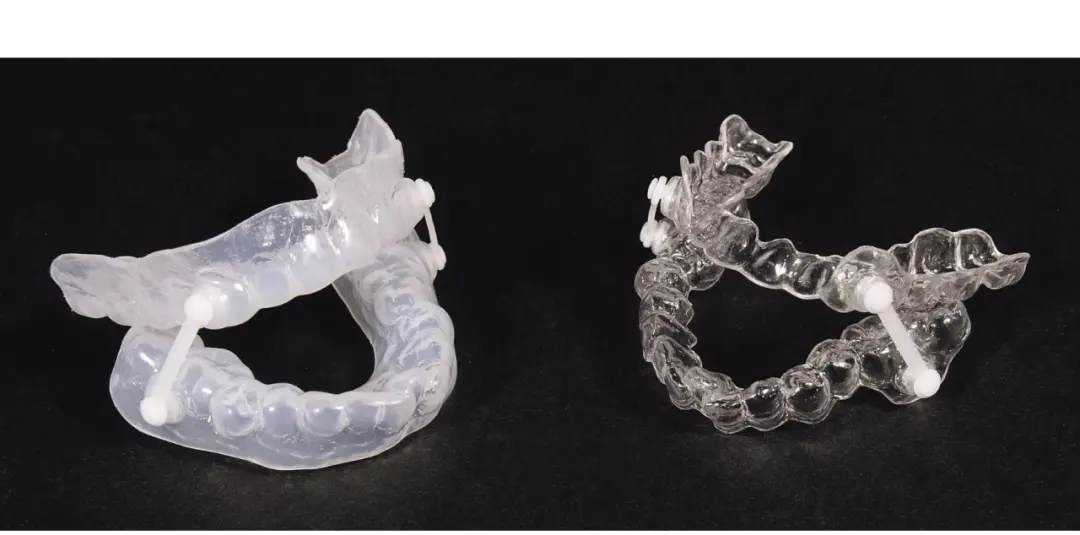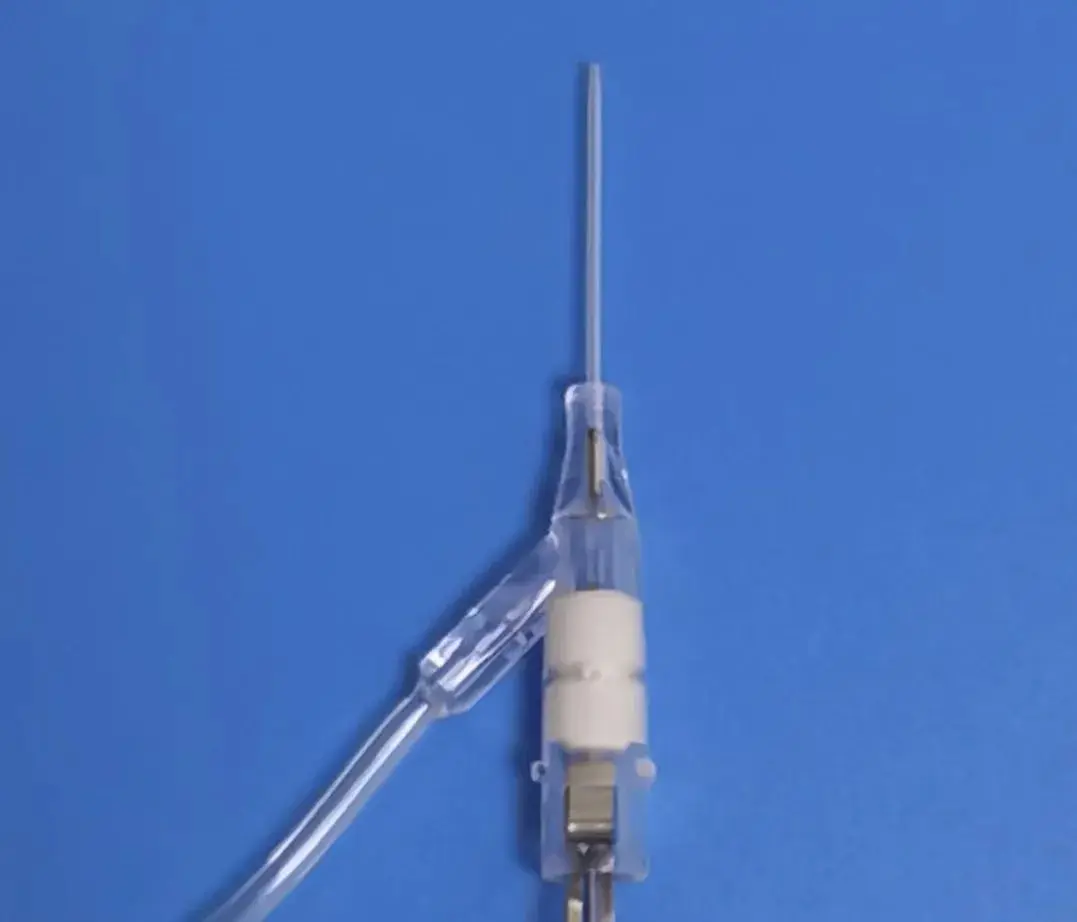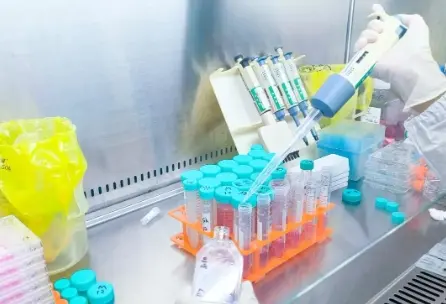
What Are Canada ISED Certification and IC ID Certification?
Introduction to ised certification and IC ID
Canada ISED Certification (Innovation, Science and Economic Development Canada Certification) is a mandatory certification issued by the Canadian government. It ensures that radio, communication, and other electronic devices comply with national regulations and standards, preventing interference with communication and the wireless spectrum. This certification guarantees the efficient use of radio spectrum resources while safeguarding public health and safety.
IC ID Certification (Industry Canada Identification Number) is a certification number for radio communication equipment issued by Industry Canada (now renamed ISED). It functions similarly to the fcc id in the United States and is used to identify and track the certification status of wireless communication devices sold or used in Canada.
Purpose of ISED Certification
- Market Access: ISED certification is a legal requirement for products entering the Canadian market. All wireless devices sold in Canada, such as mobile phones, wireless routers, and Bluetooth devices, must obtain ISED certification.
- Regulatory Compliance: By obtaining ISED certification, companies can demonstrate that their products comply with Canadian regulations and standards, helping establish and maintain a good business reputation.
- Technical Quality Recognition: ISED certification ensures that products meet national standards for technical performance and spectrum usage, enhancing product competitiveness in the market.
- Consumer Trust: The ISED certification signifies that a product has undergone rigorous technical review and testing, meeting the Canadian government’s safety and performance standards, which helps increase consumer confidence.
- Legal Protection: Products that comply with ISED certification adhere to Canadian regulatory requirements, avoiding potential legal liabilities and fines while ensuring stable business operations.
Scope of ISED Certification
ISED certification applies to all wireless devices sold in Canada, including but not limited to:
- Broadcasting and Television Equipment: TV receivers, satellite receivers, antennas, radio transmitters, etc.
- Information Technology Equipment: Computers and peripherals, printers, copiers, etc.
- Wireless Devices: Wireless microphones, Bluetooth devices, Wi-Fi routers, walkie-talkies, etc.
- Telecommunication Equipment: Telephones, fax machines, modems, telecom terminal products, etc.
- Industrial, Scientific, and Medical Equipment: Medical monitoring devices, laboratory analysis instruments, etc.
Certification Methods
ISED certification consists of two main methods:
1. ISED SDoC (Supplier's Declaration of Conformity): Applicable to wired communication devices, evaluating electrical performance, signal transmission, and other aspects.
2. ISED ID (Wireless Product Certification): Applicable to wireless communication devices, focusing on key indicators such as transmission power, frequency stability, and electromagnetic compatibility.
Certification Process
1. Prepare Product and Technical Documentation: This includes product samples, circuit schematics, block diagrams, user manuals, antenna specifications, etc.
2. Select a Certification Service Provider: Manufacturers can choose professional certification providers to assist with the certification process, including testing, auditing, and submitting the application to ISED.
3. Submit the Application: Provide the required technical documents and product samples to the certification service provider.
4. Product Testing: The certification body conducts tests to ensure compliance with ISED technical standards.
5. Review and Evaluation: ISED reviews the application, including product specifications, test reports, and supporting documents.
6. Approval and Certification Issuance: If the product passes the tests and review, ISED issues the certification.
7. Labeling and Registration: After certification, manufacturers must mark their products with the ISED certification label (e.g., “IC: XXXXXX-YYYYYYYY,” where XXXXXX represents the applicant code and YYYYYYYY represents the product code) and register the product in the ISED database for market supervision and product traceability.
Certification Label Requirements
Products certified under ISED must include the following information on their label:
- Manufacturer’s name or trademark
- Model name
- ISED ID number (starting with “IC:”)
Additionally, depending on the product type, the label may require warning statements such as “CAN ICES-3 (B)/NMB-3(B).”
Certification Costs and Timeline
The cost and duration of ISED certification vary depending on product type, testing requirements, and the certification provider. Generally:
- Certification Costs: Range from USD 1200 to 3400, including testing and certification service fees.
- Certification Time: Typically takes 4 to 6 weeks, depending on product complexity and lab scheduling.
Key Considerations
- Canadian Representative Address: If the applicant is not based in Canada, a local representative (often referred to as "Canadian Representative" or "CanRep") is required.
- Product Modifications: Significant design, material, or technical changes may require re-testing and re-certification.
- Market Surveillance: After obtaining ISED certification, regulatory authorities have the right to conduct market spot checks. Companies must ensure product consistency and compliance while maintaining relevant documentation.
ISED certification is a crucial requirement for entering the Canadian market, especially for wireless communication and radio frequency (RF) transmission devices. Companies should prioritize ISED certification to ensure compliance with relevant regulations and standards, laying a solid foundation for success in the Canadian market.
Email:hello@jjrlab.com
Write your message here and send it to us
 Toothbrush FDA Certification Testing
Toothbrush FDA Certification Testing
 Snoring Device FDA 510k Standard Testing
Snoring Device FDA 510k Standard Testing
 Single Use Intravenous Catheter Certification Test
Single Use Intravenous Catheter Certification Test
 Silicone Material Product Compliance Certification
Silicone Material Product Compliance Certification
 What to Do If Cytotoxicity Test Results Are Positi
What to Do If Cytotoxicity Test Results Are Positi
 ISO 10993:5 Cytotoxicity Testing Methods
ISO 10993:5 Cytotoxicity Testing Methods
 FDA ISO 10993-1 Biocompatibility Evaluation Guidel
FDA ISO 10993-1 Biocompatibility Evaluation Guidel
 In Vitro Cytotoxicity Testing for Medical Devices
In Vitro Cytotoxicity Testing for Medical Devices
Leave us a message
24-hour online customer service at any time to respond, so that you worry!




